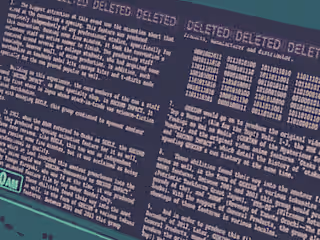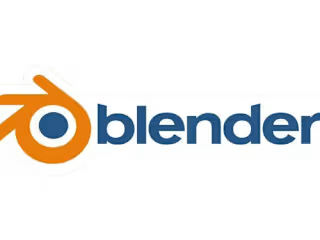Exploring Linux's Software Ecosystem
Does Linux Need macOS and Windows Programs?
·
3 min read
·
20 hours ago
Linux Isn’t Missing Anything You Just Haven’t Looked
People say Linux is “missing software,” but what they really mean is, “it doesn’t have the exact same apps I’m used to.” That’s not the same thing.
If you stop searching for “Photoshop for Linux” and actually try GIMP or Krita, you’ll see it’s not about missing — it’s about learning. There is software. Tons of it. Most of it’s open-source, lightweight, and community-driven. There’s a full stack of tools just waiting — but you have to stop expecting them to look and act like the corporate ones.
Once you get past the brand names, you start realizing: the toolbox is already full.
The Ecosystem Is Designed for People, Not Profit
Here’s where Linux really flips the script — the software isn’t designed to hook you into subscriptions or trap you in cloud accounts. It’s made to solve problems. That’s it.
You don’t get ads in your writing app. You don’t get “pay to export” in your editor. You download it, you use it, and it works. It’s refreshing. You feel like you control the computer — not the other way around.
That mindset shift? That’s the part nobody tells you. You stop thinking like a “consumer” and start thinking like a creator. And you stop worrying about your budget just to launch a freaking app.
The Whole “Linux Needs Adobe” Take Is Outdated
Let’s be honest — back in the day, sure, Linux had huge gaps. But now? For every major software category, there’s at least one serious contender — and in many cases, the open-source alternative is better for 99% of users.
Video editing? Kdenlive.
DAWs? Ardour, Reaper, Bitwig.
Design? Inkscape, Krita.
Office? LibreOffice, OnlyOffice.
Writing? FocusWriter, Ghostwriter.
Coding? Don’t even get me started — Linux is the dev platform.
And all of it is fast, free, and updates without breaking your machine or locking you into some upgrade plan. That’s not “almost good enough.” That’s good. Period.
You Don’t Have to Pay to Breathe
Let’s talk money — not just price tags, but freedom. On Windows or macOS, freedom is something you rent. On Linux, you just have it.
You’re not negotiating with licenses. You’re not waiting on IT approval. You’re not pirating because the legit version costs a week’s pay.
You install what you want. You use it how you want. You’re not being watched, and no one’s counting how many times you click “export.”
That freedom has real value. You feel it more the longer you stay.
The Real Question Isn’t “Does Linux Need Windows or macOS Software?”
Maybe you genuinely need Final Cut Pro or AutoCAD or whatever. Fair. But that’s your use case, not Linux’s problem.
Linux has grown up. It’s not a side project or a rebel OS anymore. It’s a full platform — one that respects its users, runs on your terms, and isn’t trying to sell you anything in the background.
If you haven’t used it in a while, maybe the real problem isn’t what Linux is missing. Maybe it’s what you’ve been told to expect.
Like this project
Posted May 2, 2025
Article discussing Linux's software ecosystem and its advantages over macOS and Windows.
Likes
1
Views
0





